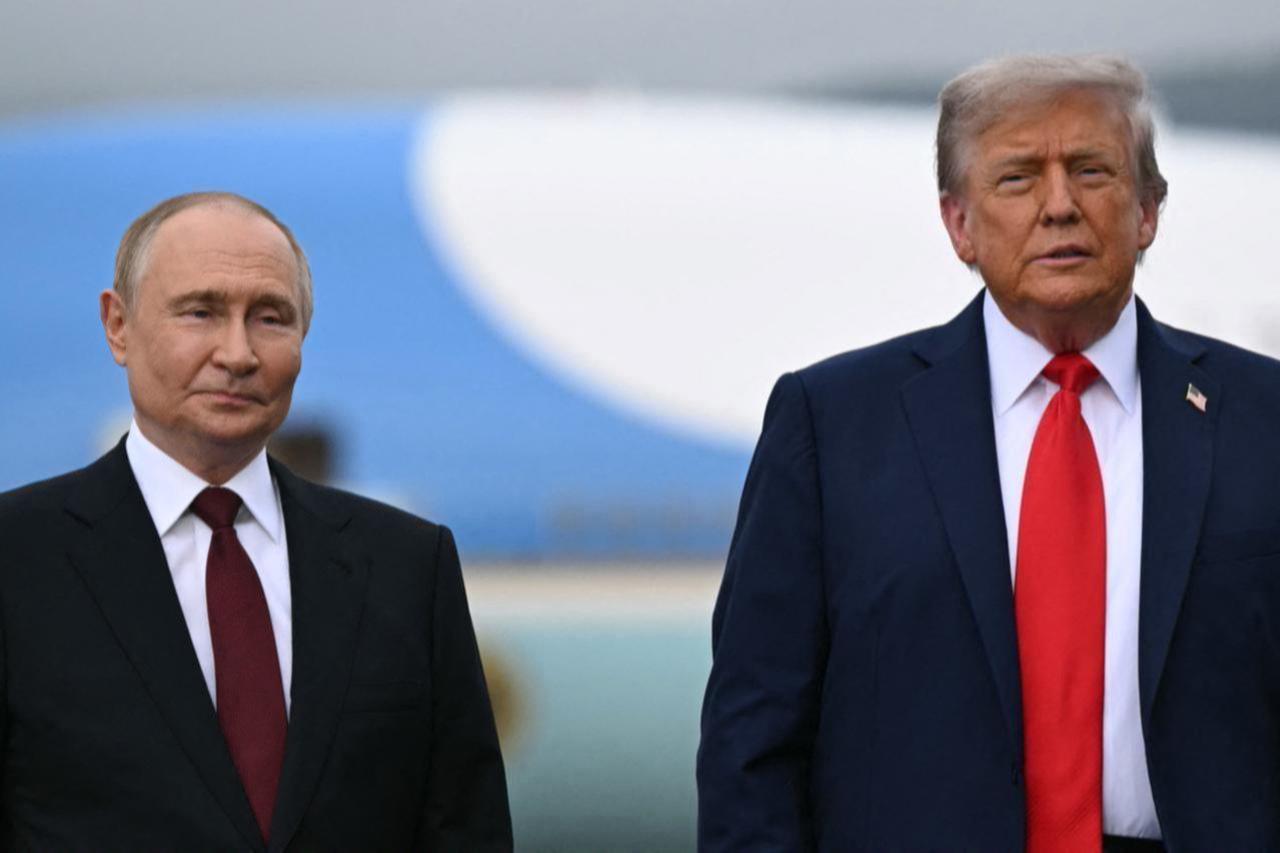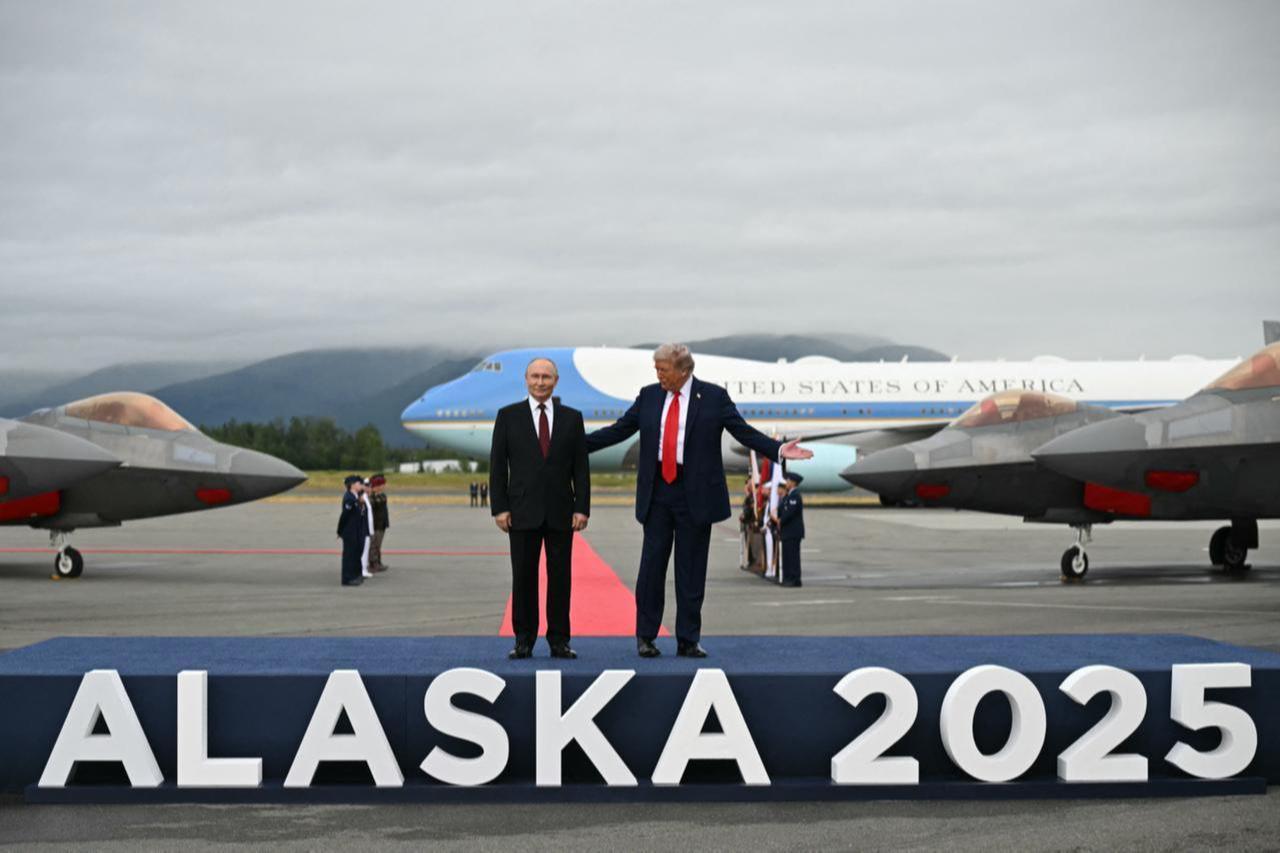
A senior Kremlin official said Monday that Russia finds many provisions of a 28-point US peace plan for Ukraine acceptable, though significant disagreements remain and consultations between parties have yet to take place.
Yuriy Ushakov, foreign policy advisor to the Russian presidency, told reporters in Moscow that the American proposal aligns with understandings reached at the Alaska Summit. "This is why many of the points in the plan are suitable for us. Of course, not all of them," Ushakov said.
The advisor indicated that other provisions in the plan require consultation and evaluation between the parties, but added that Washington has not yet engaged Moscow on these matters directly.

Ushakov's comments came amid what he described as widespread speculation about the peace plan's contents. He referenced recent statements by US Secretary of State Marco Rubio, who said American officials were satisfied with negotiations held with the Ukrainian side in Geneva, Switzerland.
"There is various speculation about the plan. I don't know who to believe," Ushakov said. "We believe what we see and what is communicated to us through appropriate channels."
The Russian official suggested that direct talks between Moscow and Washington may be forthcoming, saying Russia expects American representatives to make contact for in-person discussions. "There are some signals about this," he said, but emphasized that no agreement exists yet on the timing or participants of such a meeting.
"We have not received a clear proposal about who will come and when," Ushakov said.
Addressing separate European initiatives for resolving the conflict, Ushakov characterized proposals from European parties as unsuitable for Russia. "This is not acceptable for us," he said, calling the European approach unconstructive.
The Ukraine conflict, which began in February 2022, has seen multiple diplomatic efforts fail to produce a lasting resolution. International mediation attempts have struggled to bridge fundamental disagreements between Russia and Ukraine over territorial issues, security guarantees, and the conflict's underlying causes.